Nursing home abuse can seriously upend a victim’s life. Numerous resources are available in California that will end the abuse and help victims recover damages. The first step is to report the abuse to the California Department of Aging or the California Department of Public Health. After this immediate step, filing a lawsuit against the nursing home facility might bring some measure of justice to your loved one. While you should always consult with an experienced nursing home abuse attorney first, keep reading for helpful information about the filing process.
Who Can File A Claim For Nursing Home Abuse?
The California Elder Abuse and Dependent Adult Civil Protection Act (EADACPA) aims to prevent the abuse of seniors and dependent adults. While the state can file criminal abuse cases against a nursing home, abuse victims who have suffered a legal injury can also file a civil case. In most cases, the actual abuse victim will need to file a civil liability case.
However, if the victim suffers from diminished mental capacity, a family member may be able to file a suit if the victim has a power of attorney (POA). If the victim does not have a POA, loved ones will need a court order naming a guardian for the abused victim. A guardianship is like a POA, but a court establishes it.
Filing The Complaint
To file a lawsuit against nursing homes or their employees, a victim must typically prove three things:
- That the victim of the abuse was age 65 or older or was a “dependent adult” under the EADACPA;
- That the defendant abused the victim; and
- That because of the abuse, the victim suffered damages.
Once the victim and their attorney determine they meet all the criteria to file a lawsuit, they take the steps described below.
Settle on a Legal Cause of Action
Specific nursing home abuse and nursing home neglect claims will vary depending on the harm done. But the most common legal claims include:
- Negligence,
- Negligent hiring,
- Elder abuse, and
- Breach of contract.
In addition, a victim may bring a claim asserting one or more state and federal statutory violations.
Gather Appropriate Evidence
Common types of evidence victims often gather to support their claim include:
- Police records and abuse reports filed, if any;
- Documents showing the victim’s previous medical history;
- Documents showing the victim’s current medical state to compare against their previous history;
- Medical expenses demonstrating treatment for abuse;
- Eyewitness testimony; and
- Video footage or photographs of the abuse taking place.
Compelling evidence will bolster a victim’s claim and help establish the burden of proof needed for a successful case.
File in Court
Your attorney will lay out the claim in a complaint and file it with the proper court. The complaint will include the name of all parties involved in the suit and the facts you plan to present to support your complaint. It will also lay out the compensation a victim is asking for. Compensation may include:
- Medical costs incurred because of the abuse or neglect;
- Therapy costs incurred because of the abuse or neglect;
- Financial losses involved in removing the victim from the nursing home’s care;
- Additional long- or short-term care costs (e.g., an extra nursing assistant);
- Expenses for medical care equipment;
- Pain and suffering; and
- Attorney fees and costs related to suing.
After filing the complaint, the court will set a trial date.
Going to Court
Once a court approves a complaint, the victim’s attorney may send the plaintiff a demand letter and attempt to settle before trial. If the case does not settle before trial, the victim’s attorney will go to court and establish facts that support a victim’s nursing home abuse or neglect.
Depending on the violations and facts, cases can be quick or drawn out. But in every instance, an experienced nursing home abuse attorney will work toward the victim’s most favorable outcome.
Silva Injury Law Can Help
Nursing home abuse cases can be complicated and confusing. Contact Silva Injury Law today to achieve the best possible outcome for you or a loved one. At Silva Injury Law, our skilled nursing home abuse attorneys provide all our clients with answers, tireless advocacy, and compassionate support. We offer free in-person or remote consultations, and you never pay us a penny until you collect a settlement or verdict. Call us now at (209) 308-8924 to get started.
Find Out How We Can Help
At Silva Injury Law we promote healing through compassionate advocacy. With each case tailored to the individual, we look our for your best interests by evaluating your unique circumstances. Contact us today for a FREE in person or remote consultation.
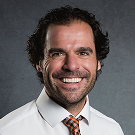


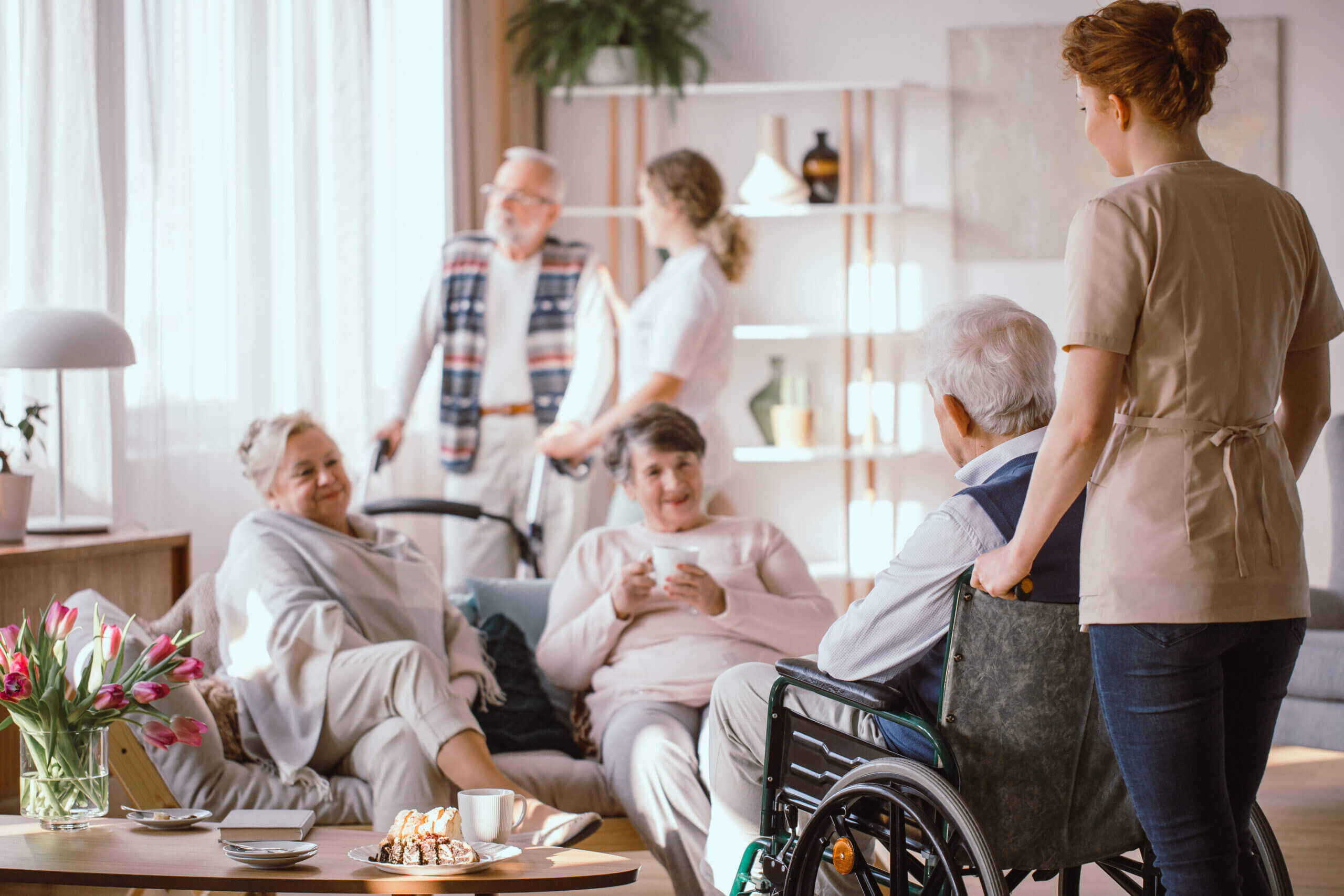

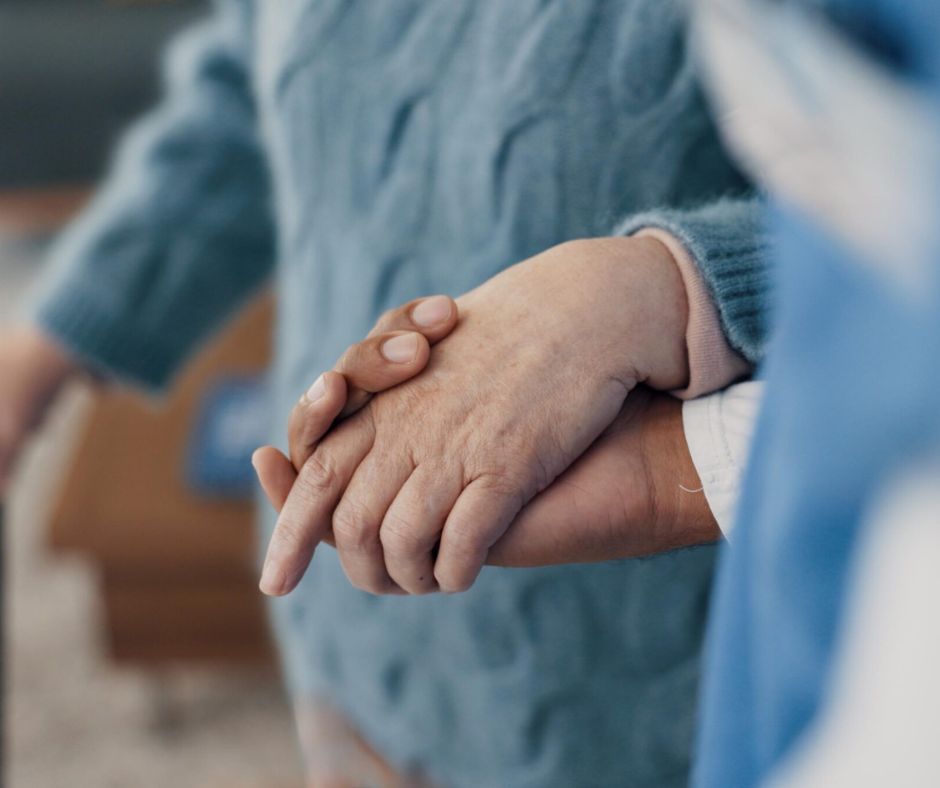
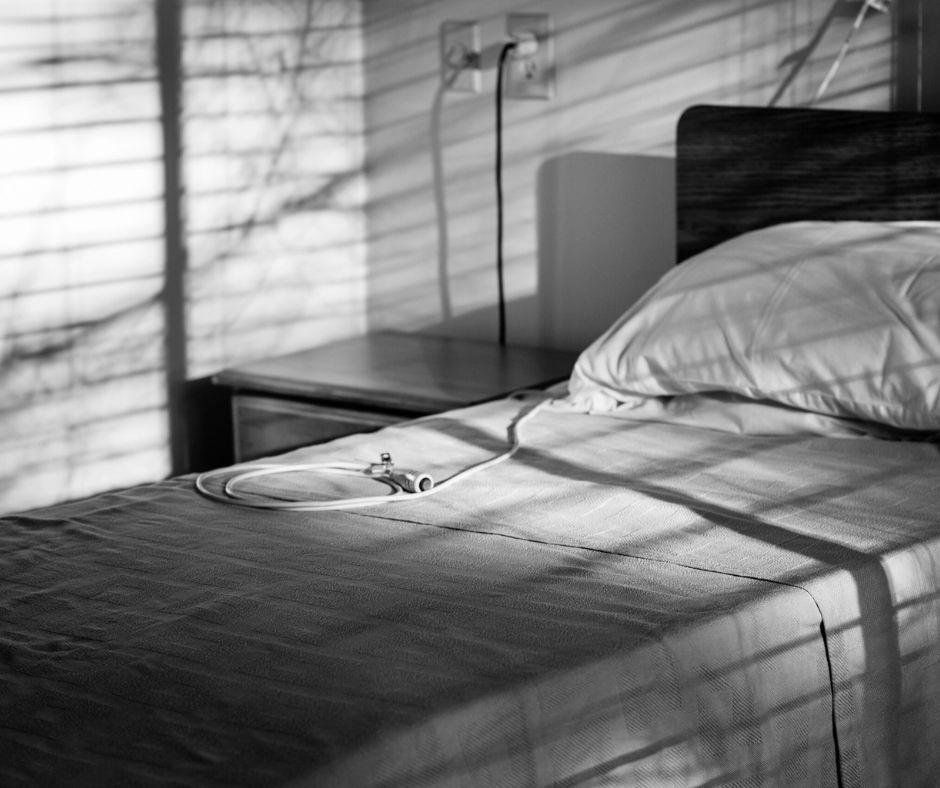
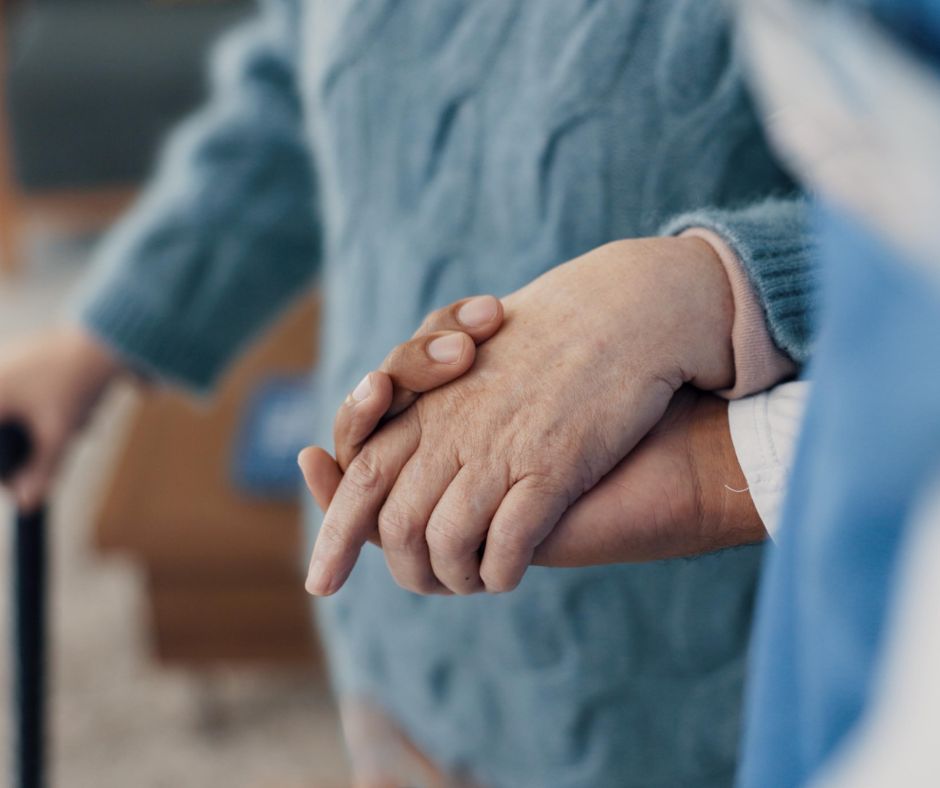

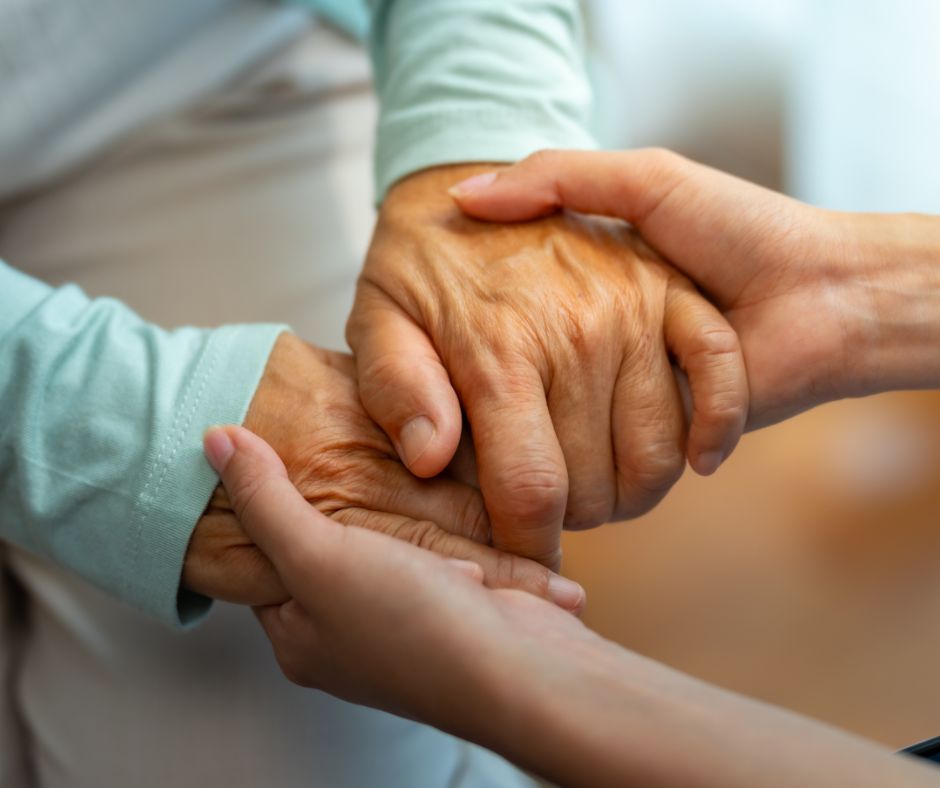



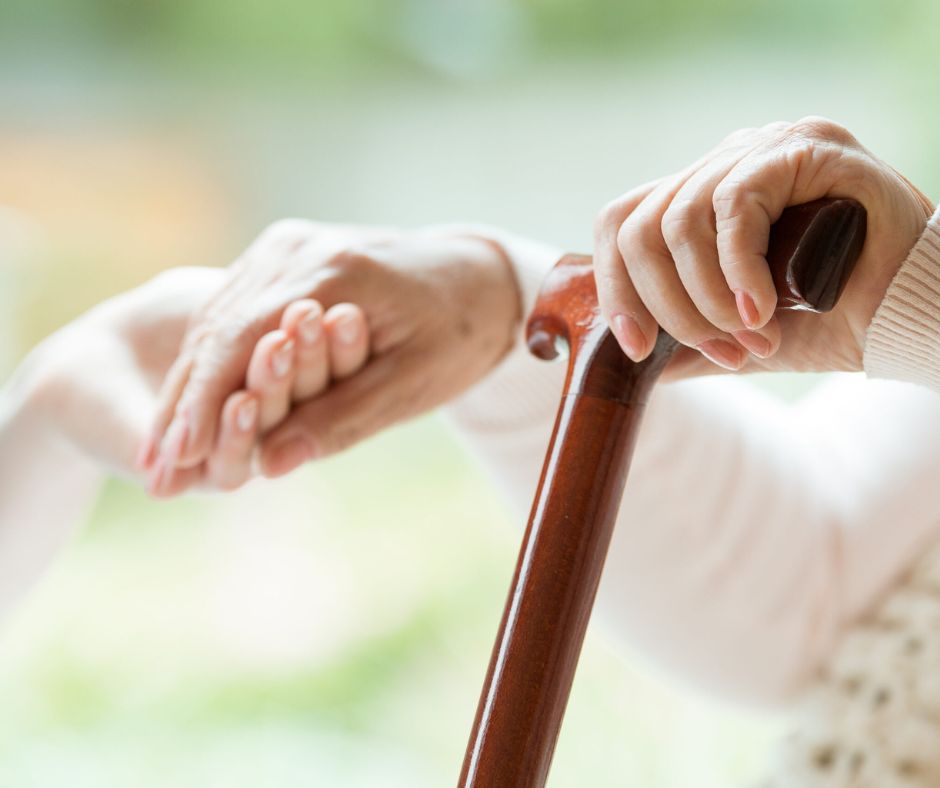

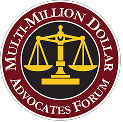


 EMAIL
EMAIL  Ask AI
Ask AI  Access
Access